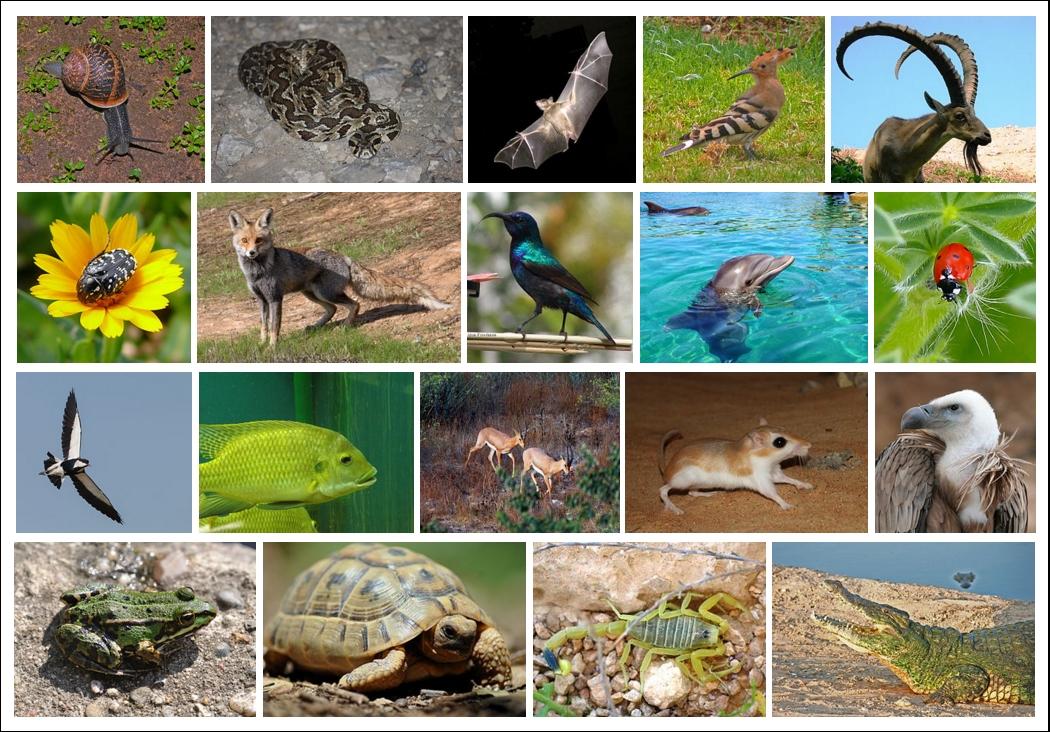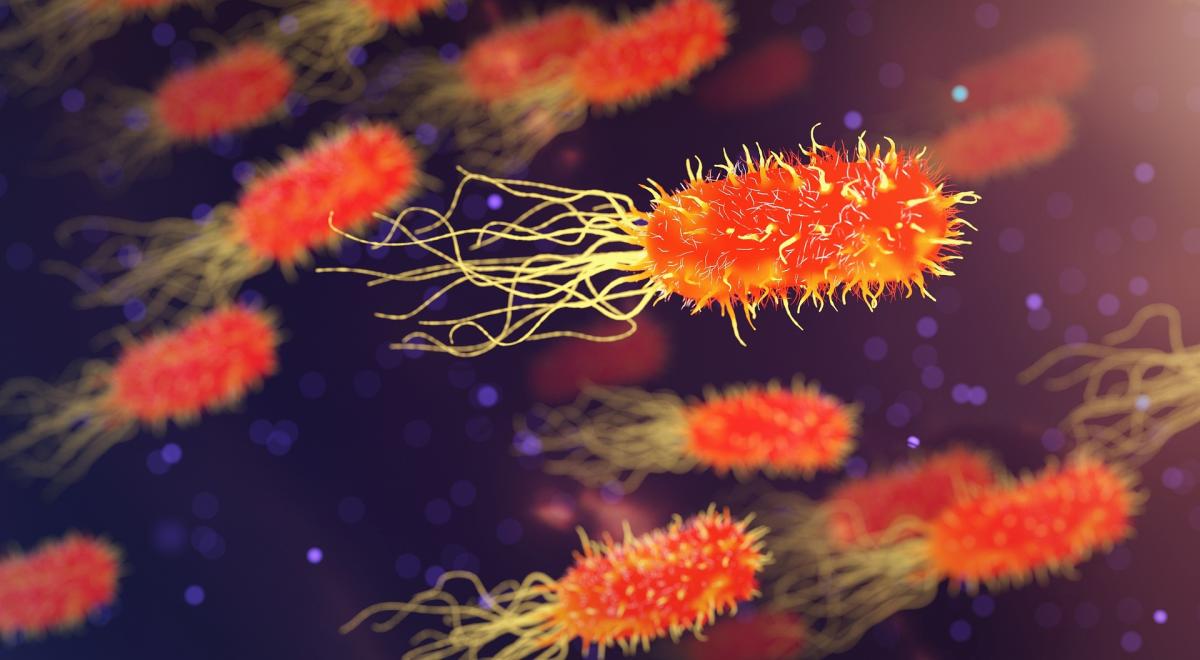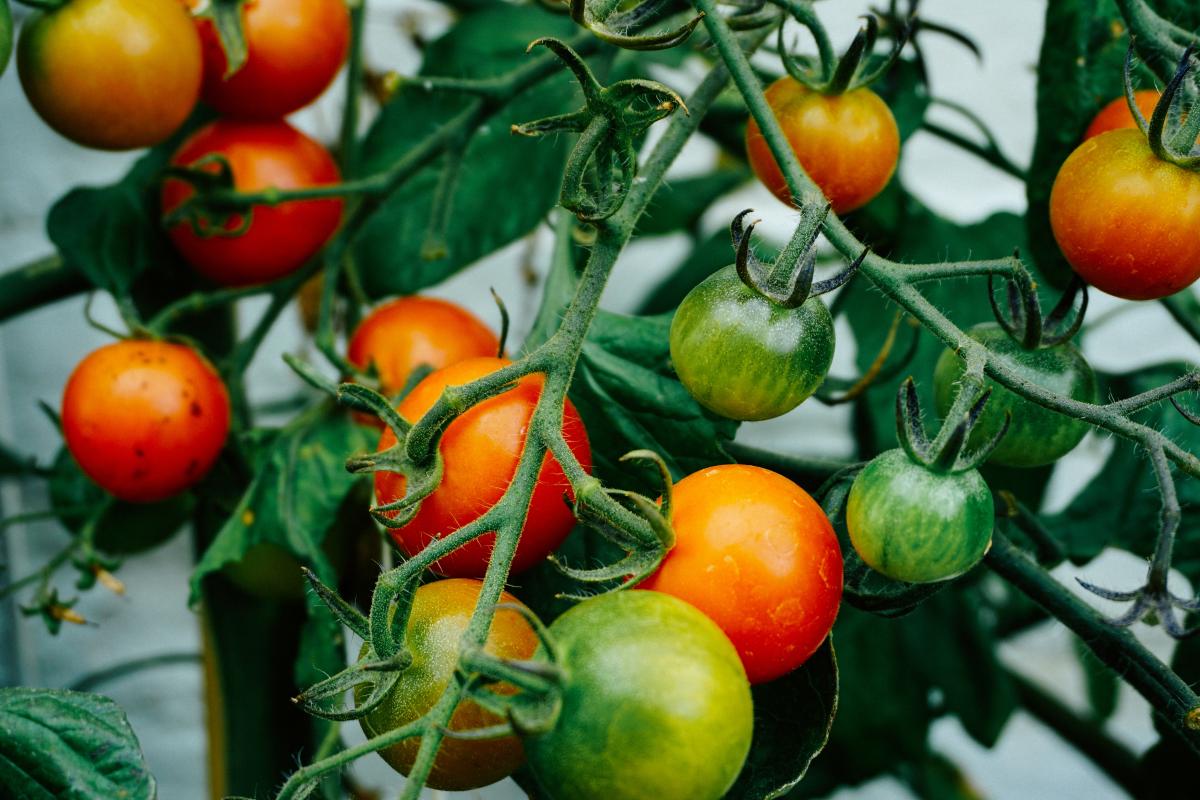
Exploring Plant Life Cycles and Bee Basics! Part 2 of 3
Day 2 of this lesson plan for 1st-grade students plays a crucial role in bridging theoretical understanding with hands-on experience. It deepens students' knowledge of pollination, emphasizing the essential role of bees in plant reproduction. Through the creation of seed balls for bee-friendly wildflowers, this day reinforces STEM concepts. Students explore the intricate process of pollination and learn about the ecological importance of wildflowers. Additionally, the lesson introduces the life cycle of bees, aligning with STEM objectives. The hands-on activity involves practical elements such as material use and measurement, and it supports ecological stewardship. By fostering a sense of responsibility towards the environment and instilling a comprehensive understanding of plant-pollinator interdependence, Day 2 enriches STEM learning while engaging young learners.
Lesson Grade Level
1st GradeLesson Plan Link/URL
https://docs.google.com/presentation/d/1e4uT8_W6b-6FkQbRhgnUjhieEuZiKAHX/edit?u…Subject Area
Science Life Science L1: Cells L2: Organisms & Energy Technology 2. Digital Citizen Mathematics Measurement and Data (MD) English Language Arts (ELA) WritingRelated Content

Planarian Regeneration

Day 3 of a 4 day unit (with an optional day 5) on hydroponics, urban farming and vertical farming. Students will learn about hydroponics used on the International Space Station and vertical farming

Students will go through the process of counting pumpkin seeds and analyzing data through mean, median and mode as well as creating correlating graphs. Students will learn what causes fruit